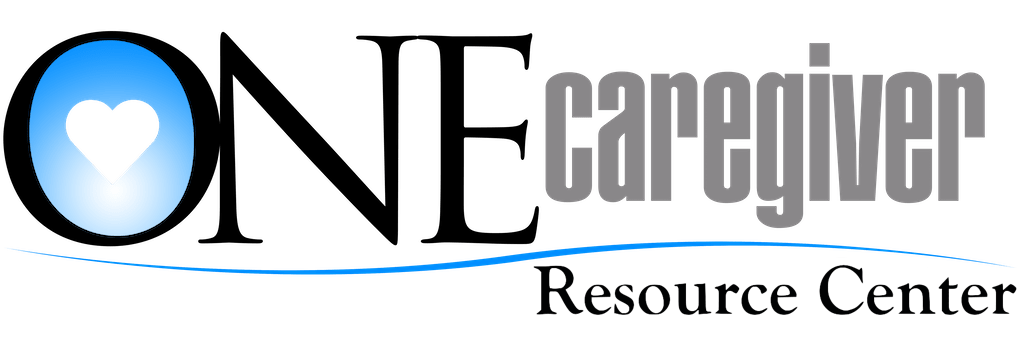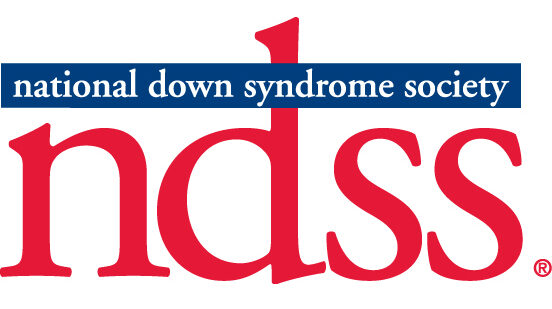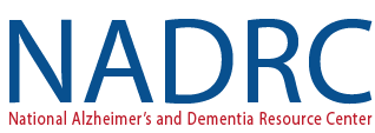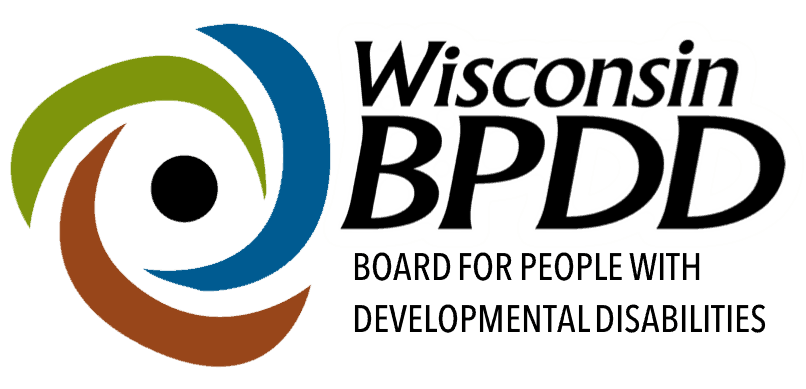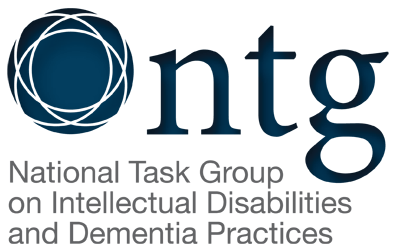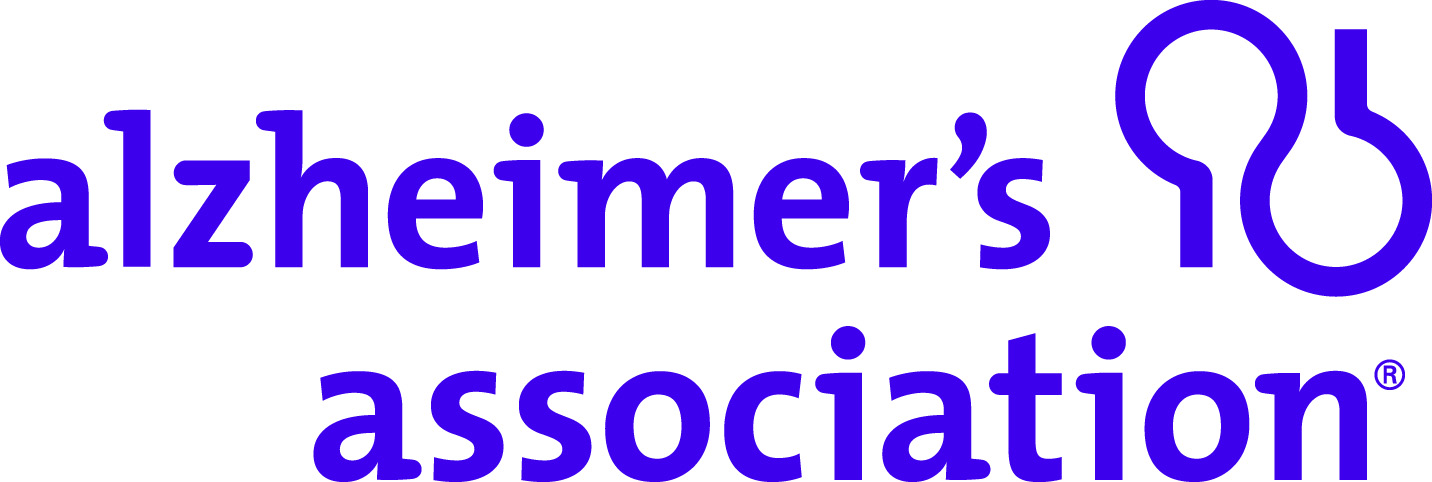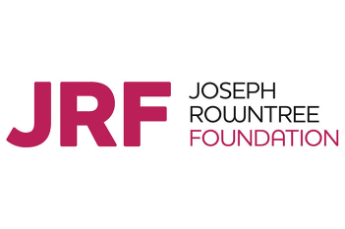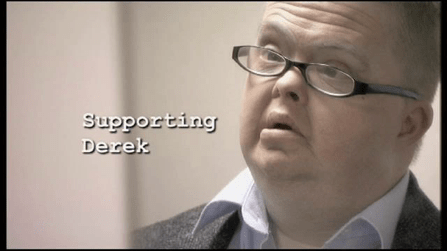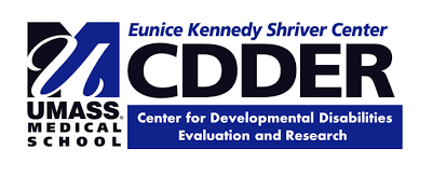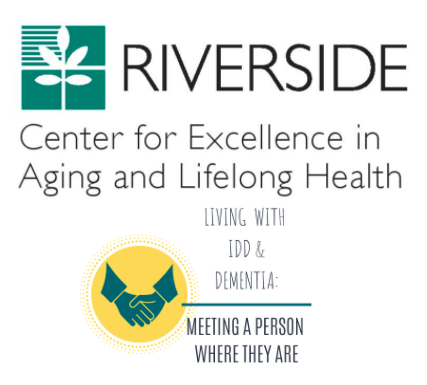Dementia in Adults with Intellectual and Developmental Disabilities
The diagnosis or suspicion of dementia in an adult with an intellectual and developmental disability (I/DD) can be a complex and challenging condition to navigate. A diagnosis can be wrought with feelings of fear anxiety and sadness. Adults with intellectual and developmental disabilities, their family members, and caregivers can become empowered by understanding dementia, the importance of monitoring the changes that come with the illness, and creating a compassionate and person-centered plan of care.
Publications and Web-Based Information
Advocate Medical Group
Agitated or challenging behavior can be a symptom that people with Down syndrome (DS). If the person is displaying changes in behavior, it is important to assess what problems are causing the behavior or what discomfort. Advocate Medical Group Adult Down Syndrome Center has created information on how to address challenging behavior in people with DS and Alzheimer’s Disease and Dementia. In addition to this they have produced video diary, which takes place over the course of several years, chronicling the journey of a woman with Down Syndrome, and her sister who is her caregiver.
The Seven Hills Foundation
Knowing the signs and symptoms of Alzheimer’s disease and other related dementias is important for early detection to provide quality care. The Seven Hills Foundation has created a guide for families, caregivers, and adults with intellectual and developmental disabilities, Things to Know about Health and Dementia, to help families identify symptoms of dementia, navigate the healthcare system, and determine the next steps. The Seven Hills Foundation has also created A Caregivers Guide for Rhode Islanders, which provides valuable information for all caregivers, and Talking About Dementia that assists caregivers on how to have an informative and compassionate conversation about dementia.
National Down Syndrome Society
According to the National Down Syndrome Society (NDSS), approximately 30 percent of people with Down syndrome who are in their 50s have Alzheimer’s disease and about 50 percent of people with Down syndrome in their 60s have Alzheimer’s disease. In collaboration with the Alzheimer’s Association and the National Task Group (NTG), the National Down Syndrome Society has created a booklet; Alzheimer’s Disease & Down Syndrome, A Practical Guidebook for Caregivers, which is also published in Spanish, to help empower and educate families and caregivers. The NDSS has also created a webinar which compliments and introduces the guidebook which highlights key information on Alzheimer’s disease and tips for caregivers.
The National Alzheimer’s and Dementia Resource Center
The National Alzheimer’s and Dementia Resource Center (NADRC) has created a publication Intellectual and Developmental Disabilities and Dementia: Practical Strategies for Professionals. This 12-section guide addresses the different factors in identifying, providing tools, strategies, and resources, that professionals can share with individuals living with I/DD and dementia and their caregivers.
Wisconsin Board for People with Developmental Disabilities
As part of their Mind & Memory Matters Project, the Wisconsin Board for People with Developmental Disabilities (WI-BPDD) developed the Mind and Memory Dementia Guide Book, designed for adults with intellectual and developmental disabilities and dementia, their family members, and caregivers. Each section addresses critical areas of a person’s health care. The WI-BPDD also provides four brief videos (2:00-5:00 min) of family members and a friend, discussing their journey with their loved one with Alzheimer’s disease and related dementia, as well as professionals discussing the importance of NTG’s Early Detection Screening Tool.
The National Task Group on Intellectual Disabilities and Dementia Practices
The National Task Group (NTG) on Intellectual Disabilities and Dementia Practices is a non-profit organization whose mission is to advocate for services and supports for people with an intellectual and developmental disability (I/DD) and their families who are affected by Alzheimer’s disease and dementias. The NTG has published ‘My Thinker’s Not Working,’ which is a national strategy to enable adults with I/DD and dementia to remain in their community. In partnership with Oak Grove Center, they created a short video Down Syndrome and Dementia (Oak Grove Center) which features an adult with I/DD and dementia discussing her condition. The NTG also assists caregivers through the Family Advocacy Workgroup, Caregiver Newsletter, Online Family Support Group, and Down syndrome/Alzheimer’s Regression Facebook Support Group.
Dementia Screening Tool
Typical screening and evaluation tools, that are used with the general population involved memory tests that may not be feasible for people with intellectual and developmental disabilities (I/DD). The NTG has developed the National Task Group-Early Detection Screen for Dementia (NTG-EDSD) for adults with I/DD who may be showing early signs of dementia and/or a change in health condition. The screening tool is offered in multiple languages, is easy to complete, and can establish a baseline by recording a variety of behaviors, memory, and medical issues. The NTG suggests that the screening be administered annually, at age 40 for those with Down syndrome, and age 50 for a person with I/DD. If possible, it is also recommended to complete an initial baseline screening, when the adult is at their best health, usually between the ages of 18-21. It is important to note, that the NTG-EDSD is not designed to diagnose dementia, but to help in the early identification and screening process, to identify individuals who may need a more complete assessment. Click Here to listen to a webinar on the benefits and how to use and interpret the NTG- EDSD.
Alzheimer's Association
According to the Alzheimer’s Association, the prevalence, and age of onset, for Alzheimer’s disease and related dementia in adults living with intellectual and developmental disabilities (I/DD) is generally similar to that of the general population – approximately 10 percent over age 65. However, as adults with Down syndrome age, there is an increased chance that they will develop Alzheimer’s disease. The Alzheimer’s Association, in collaboration with The Arc of Wisconsin, created The 10 Warning Signs of Alzheimer’s or Dementia for people with I/DD, including Down syndrome.
The Joseph Rowntree Foundation
Adults with an intellectual and developmental disability (I/DD) with dementia may not be able to communicate that they are in pain, which, if ignored, can be mistaken for challenging behaviors, The Joseph Rowntree Foundation has created a Care Guide to recognizing pain in someone with I/DD and dementia and a Factsheet for professionals and caregivers.
In addition to this, and partnership with the University of Edinburg, the Foundation has created a short drama, Supporting Derek (acted by people with intellectual and developmental disabilities) that provides insight into the reality of dementia and how it might feel to adults with I/DD.
The National Institute on Aging
The NIH National Institute on Aging (NIA) seeks to understand the aging process and brain changes associated with Alzheimer’s disease as seen in people with Down syndrome. NIA also supports and conducts clinical trials on Alzheimer’s and related dementia. There are additional research opportunities for adults with Down syndrome through DS-Connect as offering a variety of resources for caregivers.
Educational videos
The Center for Developmental Disabilities Evaluation and Research
The Eunice Kennedy Shriver Center at UMass Medical School offers a wide range of programs that respond to the needs of a person with intellectual and developmental disabilities (I/DD). The Center for Developmental Disabilities Evaluation and Research (CDDER), has developed a series of brief videos (10- 20 mins.) that address the various issues that affect adults with an intellectual and developmental disability and dementia.
The Riverside Center for Excellence in Aging and Lifelong Health
Living with IDD & Dementia: Meeting a Person Where They Are is a series of five microlearning lessons for care partners – direct support professionals, family caregivers, and volunteers – created by The Riverside Center for Excellence in Aging and Lifelong Health in collaboration with Sonya Barsness Consulting LLC and In the Moment. Each lesson is about 10 minutes or less and learners can apply new knowledge and skills quickly.
This video series focuses on ways to meet a person living with intellectual or developmental disabilities (IDD) and dementia where they are. Developing dementia might change the way a person with IDD experiences the world around them. Meeting them where they are means that we try to understand how they are seeing things, and we try to step into their world rather than asking them to step into ours. We encourage them to do the things they do well, and we support them with the things they don’t do so well. We have to change OUR behavior rather than expecting people living with dementia to change theirs. By trying to meet them where they are, we can support them to live their best life. We are supporting them in a way that truly meets their needs, and this also meets our need to care for them well.
Living with IDD & Dementia: Meeting A Person Where They Are
